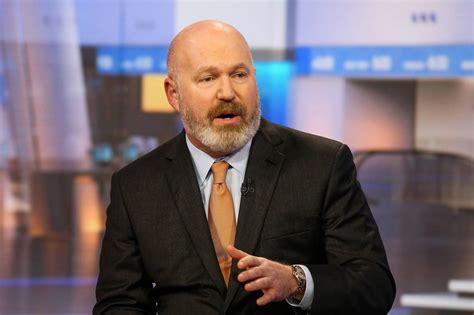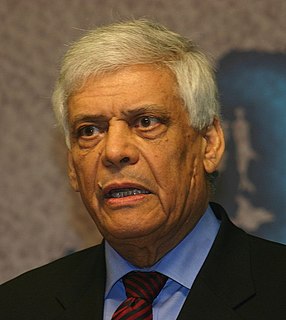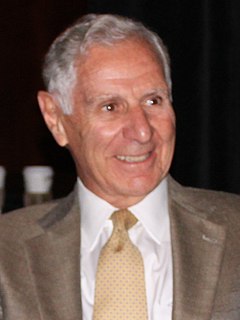A Quote by Cliff Asness
The term bubble should indicate a price that no reasonable future outcome can justify.
Related Quotes
Don't you know that there's another bubble as well An expectations bubble. Bigger houses private planes yachts ...... stupid salaries and bonuses. People come to desire these things and expect them. But the expectations bubble will burst as well as all bubbles do. Come to my gallery and I will sell you beautiful things at a more reasonable price. But the point is that they will have value. Things of real beauty things of the spirit.
There's none as deaf as those who won't listen. I get letters. If they are moronic, they go in the wastepaper basket, but if they are reasonable points, I try to explain. I am planning for the long-term future. I am planning for the long-term future. People say build a team not a hotel, but that argument is irrelevant. It's like fish or meat
[W]e think the very term 'value investing' is redundant. What is 'investing' if it is not the act of seeking value at least sufficient to justify the amount paid? Consciously paying more for a stock than its calculated value -- in the hope that it can soon be sold for a still-higher price -- should be labeled speculation (which is neither illegal, immoral nor -- in our view -- financially fattening).
The individual investor should act consistently as an investor and not as a speculator. This means ... that he should be able to justify every purchase he makes and each price he pays by impersonal, objective reasoning that satisfies him that he is getting more than his money's worth for his purchase.































